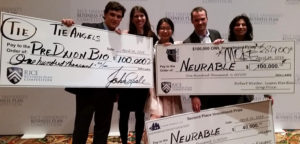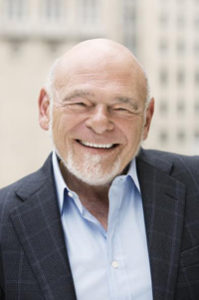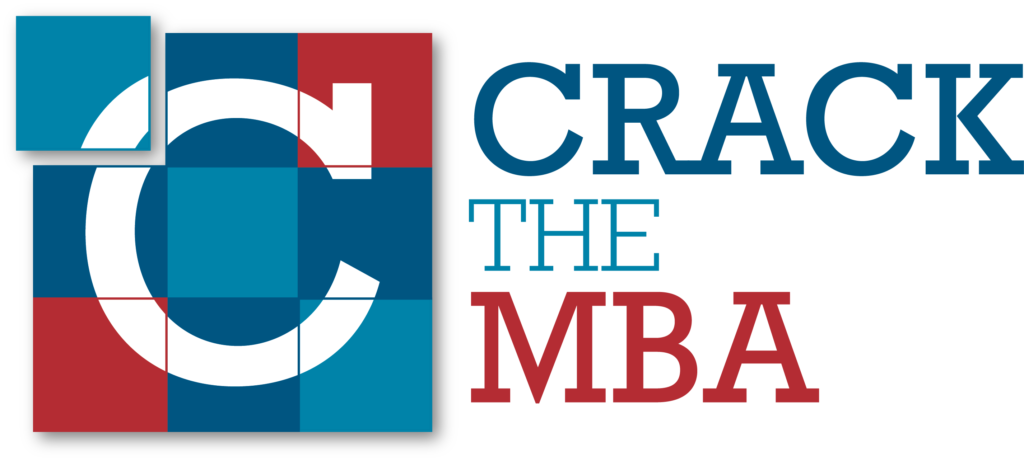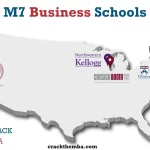On April 19, 2016, University of Michigan’s Ross School of Business announced that two University of Michigan student-run start-ups have been awarded considerable prizes at this year’s Rice Business Plan Competition (RBPC), the world’s richest graduate-level business plan competition. The two unique start-ups that have bagged the cash prize worth $430,000 are Neurable and PreDxion Bio. The Rice competition is one of the largest and hardest competitions in the nation. Having two Michigan teams rise to the top of this competitive field validates the notable talent and innovative technology coming out of our university,” said Stewart Thornhill, Executive Director, Zell Lurie Institute for Entrepreneurial Studies. “The funding they’ve received from this competition, in addition to the feedback they’ve gathered and the network connections they’ve made, will significantly help both teams advance their ventures.” With 42 teams vying for $1.5m+ in spoils, Neurable placed 2nd, winning a total of $330,000. PreDxion Bio won $100,000 as a TiE RBPC Angel Investment prize.

University of Michigan Students Who Won at RBPC
Neurable
Neurable, co-founded by Ramses Alcaide (PhD Neuroscience ’16) and Michael Thompson (MBA ’17), has invented the first non-invasive brain-computer interface (BCI) that authorizes real-time control of software and physical objects. The University of Michigan’s Direct Brain Interface Lab was their abode to develop a fully functional prototype that integrates therapeutic and patented technology to control wheelchairs, robots and automobiles at remarkably lower costs. “The recognition and funding from a competition the scale of Rice is an amazing achievement for our team and for the growth of Neurable,” said Alcaide. “Everyone at the Zell Lurie Institute and the Office of Technology Transfer has provided invaluable support and expertise since day one, coaching and guiding us to a place where the judges and potential investors could fully recognize the promise of our technology. The additional mentorship and support from TechArb and the Center for Entrepreneurship set us up for success.” Neurable was a finalist in both the Michigan Business Challenge and the Startup Competition at the University of Michigan.
PreDxion Bio
PreDxion Bio, co-founded by Walker McHugh (MSE Biomedical/Medical Engineering ’17) and Caroline Landau (MBA ’16), is a precision medicine diagnostics company with a product called MicroKine, a patent-pending near-bedside diagnostic device that measures proteins in the blood of critically-ill patients. MicroKine delivers information from a single drop of blood in less than 30 minutes at 10x faster than other existing technologies.
After the Rice competition success, the team is all set to conquer the field of medicine and help the sick to heal. “The entire PreDxion Bio team is overwhelmed by the show of support we received at Rice. The $100,000 we are taking home will be allocated to funding manufacturing devices that will revolutionize the way we treat and manage critically-ill patients,” said McHugh. “Our time at RBPC has shown us what an incredible place the University of Michigan is to start a student-run venture. The support we have received from the Zell Lurie Institute, Fast Forward Medical Innovations/MTRAC, the UM Coulter Program, the Center for Entrepreneurship and the Law School Entrepreneurship clinic has been exceptional and a definite driver of our success.” PreDxion Bio also bagged the Pryor-Hale Award for best business for $25,000 and the Williamson Award for $5,000 for the most outstanding business and engineering team at the Michigan Business Challenge.
The Zell Lurie Institute for Entrepreneurial Studies

Sam Zell
In 1999, this institute was created to bring all of Ross’s entrepreneurial talent hub into a single valise. On July 13th, 2016, the University of Michigan announced the Zell Family Foundation’s considerate gift of $60 million to the Samuel Zell and Robert H. Lurie Institute for Entrepreneurial Studies at the Ross School of Business to endorse the sustained delivery and development of world-class entrepreneurship programs at the University of Michigan. Ten million dollars from the gift were designated for the development of a new fund that would invest in student led businesses.
The institute has so far awarded over four million dollars to fund support programs including Dare to Dream Grants, the Michigan Business Challenge, and Marcel Gani Internships, and have secured the future of more than 5,500 students by equipping them with experiential learning opportunities in start-ups and venture funds, and co-curricular activities such as business plan competitions. They have also counseled students towards the establishment of hundreds of start-ups. In 1927, the Ross School offered the nation’s first entrepreneurship course termed as Small Business Management. Ross also launched the first student-led venture fund, Wolverine Venture Fund, that give students hands-on experience with the process of venture investing as they work under the advice of an external advisory board to manage the fund. Their other funding initiatives include Zell Lurie Commercialization Fund, a premature investment fund aimed at bringing to the market great ideas in and around Ann Arbor (including within the university), and the Social Venture Fund, which focuses on domestic, for-profit social enterprises. Ross also hosts Entrepalooza, an annual convention for students, alumni, and the business community to learn from and connect with leading entrepreneurs all over the globe.
Thus, The Zell Family Foundation’s $60 million gift will ensure that the Ross School continues to be the father of entrepreneurial studies far into the future.



